Drummer Ches Smith plays 21st-century fusion with his band Clone Row
The improvisation-heavy jazz quartet melds Afrocentric rhythms with electronically warped electric guitars
Ches Smith and Clone Row. Photo by Peter Gannushkin
Coastal Jazz presents Ches Smith’s Clone Row at the Revue Stage on October 10
PRESS RELEASES. I READ them; sometimes I even write them. But one thing I don’t do is quote them, because even the best of them are written by people who want to sell you something, and the worst are increasingly the product of unintelligent artifice, bot-based or otherwise. When you’ve got one of the most respected musicians in North America writing your press, though, maybe it’s time to break that rule.
Marc Ribot is a guitarist of dazzling versatility and caustic brilliance; he’s graced wonderful records by Tom Waits, Elvis Costello, John Zorn, and many others, while his own bands blend New York–rocker grit, fiercely physical skronk, and a deep love of Latin American sounds both vintage and modern. He is also an advocate for lesser-known innovators; it was through Ribot, for instance, that I first heard of the revolutionary Haitian-American composer and guitarist Frantz Casseus, for which I’m grateful. Now he’s following up the success of his 2021 memoir-cum–essay collection Unstrung: Rants and Stories of a Noise Guitarist by penning Bandcamp press for his occasional bandmate Ches Smith’s new band and record, Clone Row—and, well, I don’t think I could come up with a better summation of Smith’s music than Ribot’s, so I’m just going to steal it.
Clone Row, Ribot postulates, is “a Weather Report for the age of extreme weather”. And that’s just perfect. In many ways, Smith’s quartet plays 21st-century fusion music, melding Afrocentric rhythms with electronically warped electric guitars, then animating instantly memorable yet off-kilter melodies with a loud sense of adventure.
Beyond that, drummer Smith, guitarists Mary Halvorson and Liberty Ellman, and bassist Nick Dunston bend their obvious virtuosity to the service of surprise. There are sudden squalls in the this music, previously unknown atmospherics and monsoons of bit-crunched texture, and while Ribot veers into hyperbole when he says that the band reminds him of “a Jim Hall concert in which one of us did a lot of mushrooms”, there is something to that.
Halvorson, in particular, has the ability to spin out calmly thoughtful sequences—the scholarly Hall is obviously one of her primary influences—before suddenly switching into fluent and declamatory alien.
Wanting to hear more of Halvorson, Smith admits, was the initial impetus behind the formation of Clone Row, which plays the Revue Stage on Friday, October 10. “It had been some years since I’d been in her band,” the drummer explains, “and she was in an old band of mine called These Arches. We go way back, so I was thinking of a way to get that going, and long before I had this idea Mary was like ‘We should go see Liberty Ellman play sometime. I love how he plays.’ I knew Liberty a little bit from the Bay Area, and I was starting to play with him with [saxophonist] Matana Roberts and a few other people, so Mary and I would go check him out. And then the third piece was that I always liked the possibilities of two guitarists.
“Two guitarists improvising in the same range together?” Smith adds. “I’ve always liked that sound. I don’t know where that came from, but I have some guesses.”
Bringing Dunston in from Smith’s supernaturally inspired and Haitian-rooted band We All Break was intuitive and appropriate. With Halvorson and Ellman both exploring unconventional guitar tonalities and Smith occasionally stepping away from the drum kit to play vibraphone or add electronics, the bassist grounds the band in much the same way that Jimmy Garrison did in John Coltrane’s classic 1960s quartet.
“For all four of us, that’s a deep reference point, I would say,” Smith concurs. “As far as shaping the music goes, Nick has a huge hand in that. You know, I listen to bass first, pretty much. As a drummer, the bass is just my teammate, in a way, and it’s been like that since I was a kid. My ear goes for that, and if it’s time to get into some multidirectional or polyrhythmic kind of playing, then I’m usually following Nick into that, or it’s a symbiotic thing where he’s following me at the same time. But it usually feels like I’m following him, for sure!”
At the risk of contradicting the drummer, it’s also possible that Clone Row is a band with four leaders. Smith says that its music features about a 40/60 split between composition and improvisation, and while he sometimes takes a fairly hands-on approach to how the guitarists voice his scores, he’s also hoping that as this fairly new unit matures it will grow in a more purely organic manner. The seven relatively concise pieces that make up Clone Row, the record, were programmed to fit on the two sides of a vinyl LP, but live, things will change.
“I’m really looking to stretch,” says Smith, citing the all-night Vodou sessions that he’s been playing as inspirational. “I’m into repetition, and staying on one idea for a long time to see what it does to us. So we have a two-week tour coming up, playing every night, and I think it’s going to really change the music. I suspect we‘ll be playing fewer pieces as we go on, ’cause each piece will get longer. That’s what’s happened with other groups that get to work a lot on the road with me… Basically the record is a snapshot of what happened right then, and I think the music’s just going to develop from there.”
That will no doubt be an exciting journey to follow, For now, though, let’s just agree with Ribot’s take on Clone Row’s early days. “We’re in the hands of a composer with the power to transport us just about anywhere,” he says. “So, this is a composer’s record most of all; a composer’s record performed by musicians who happen to be great improvisers. Ches Smith builds here on his reputation as a gifted new voice with an important vision, while showcasing some of the most creative musicians of our time.” ![]()






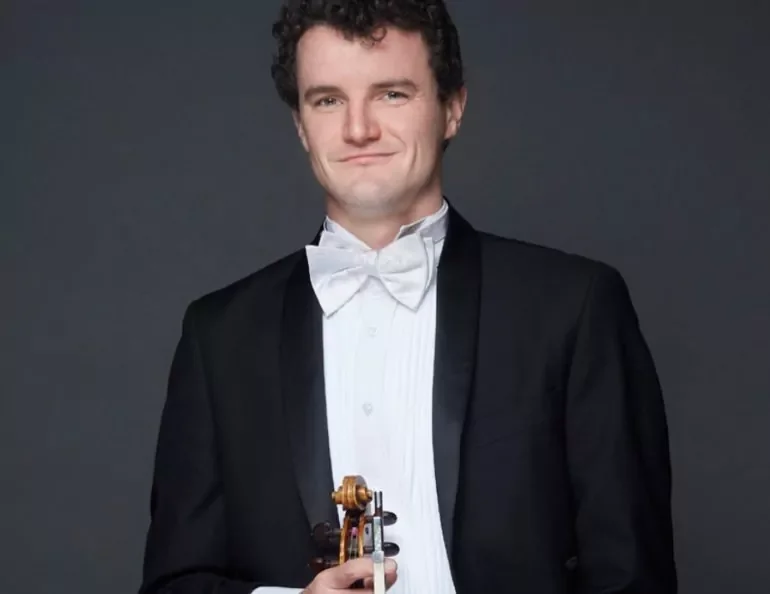

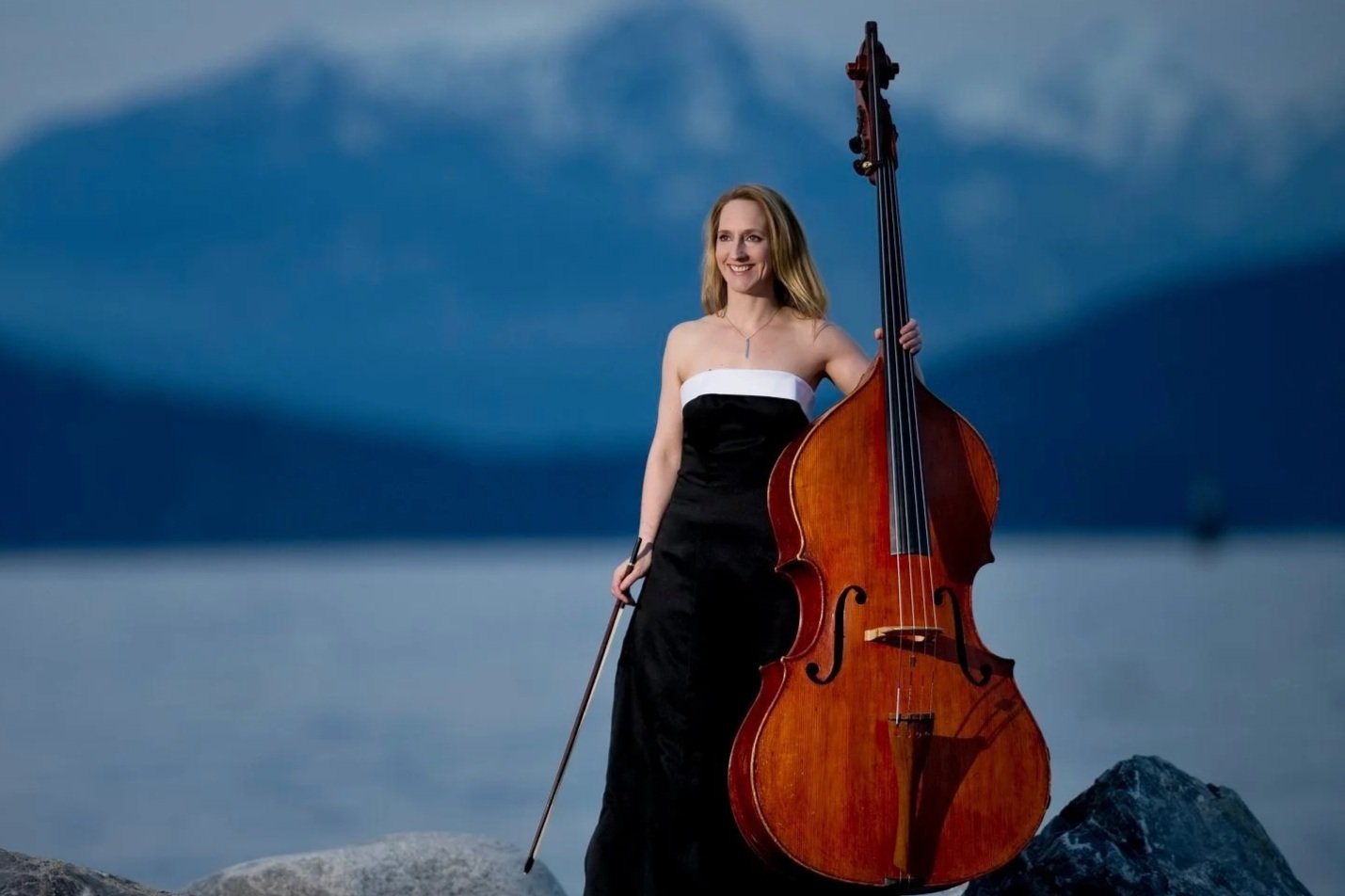



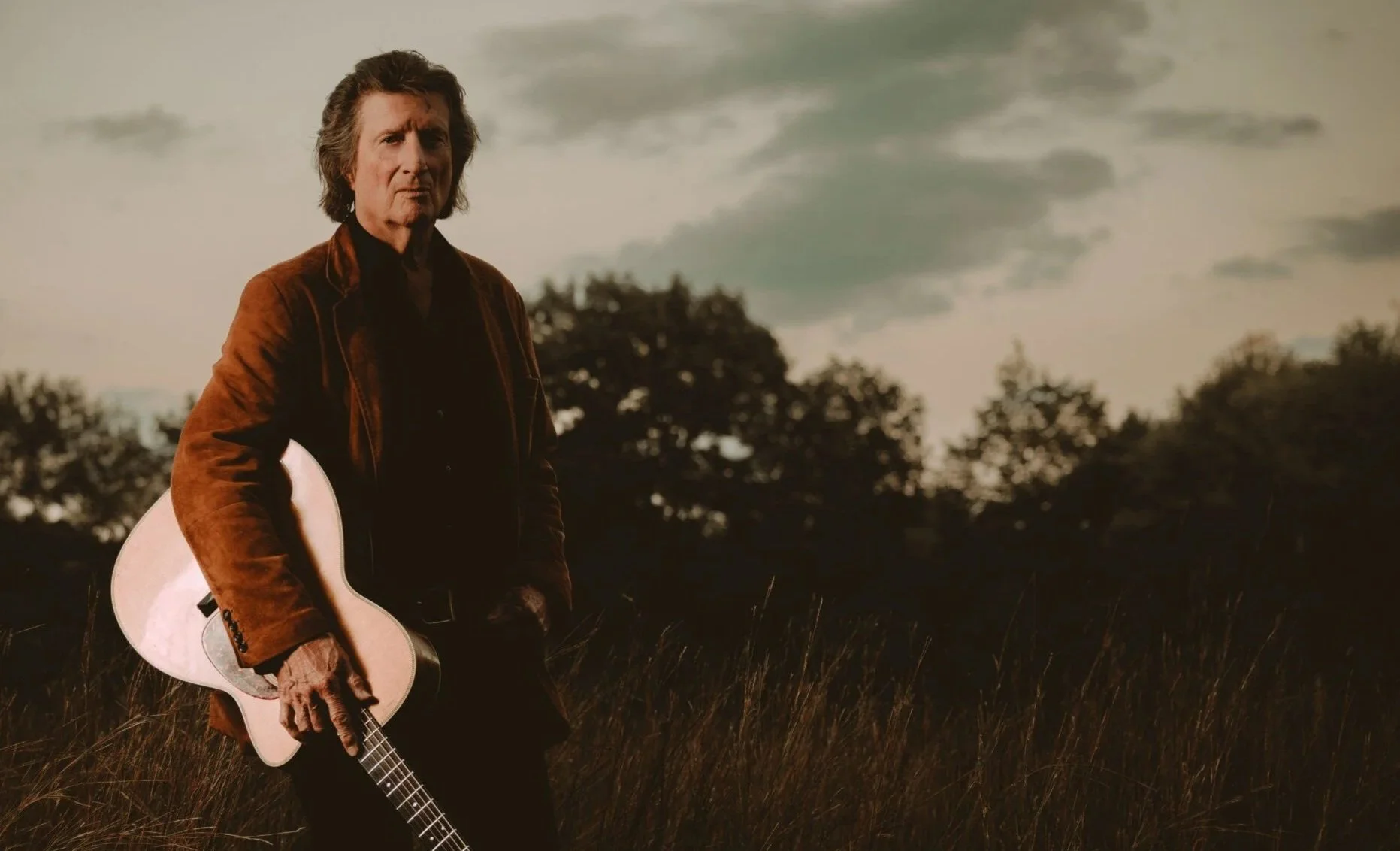


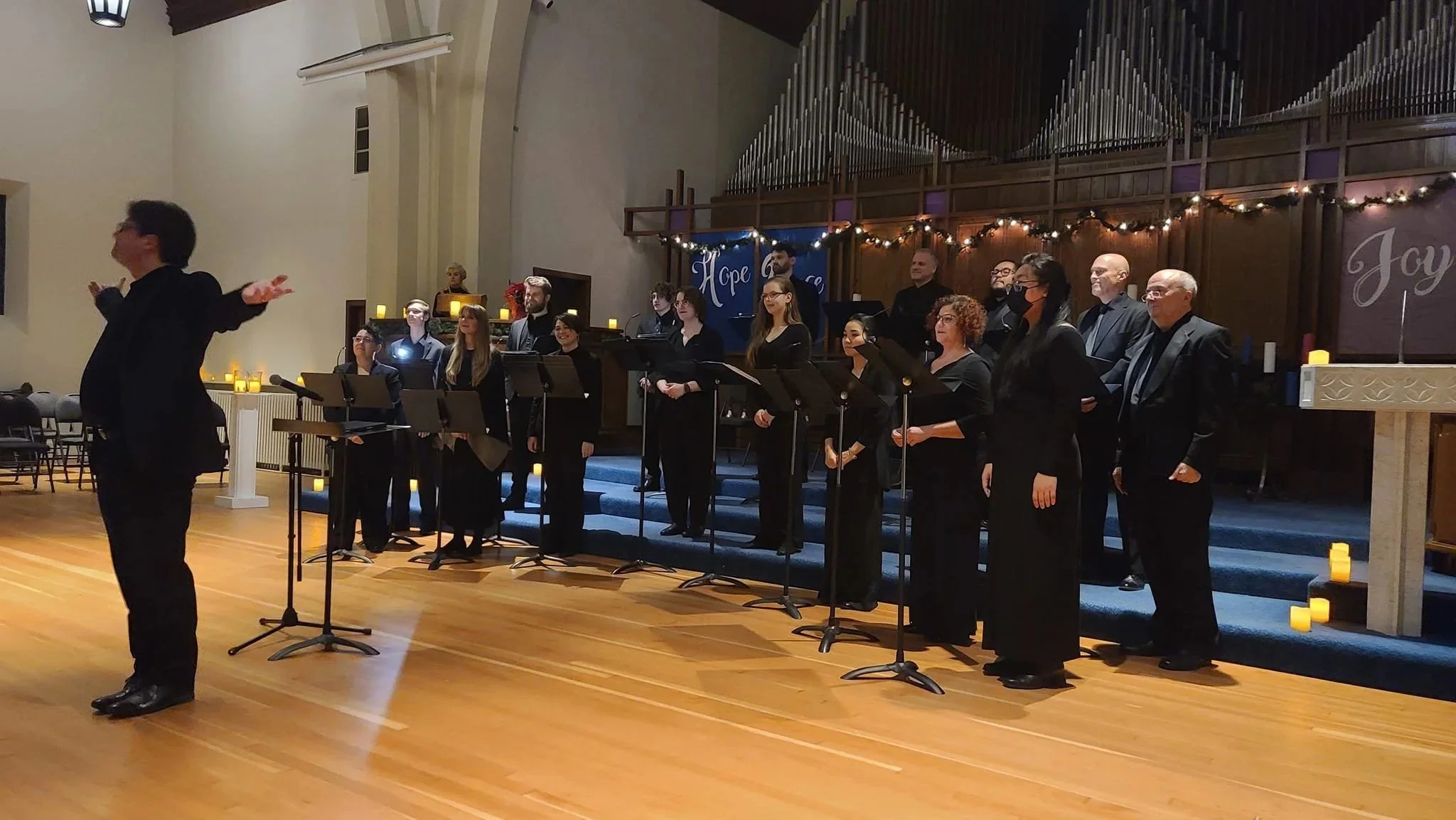
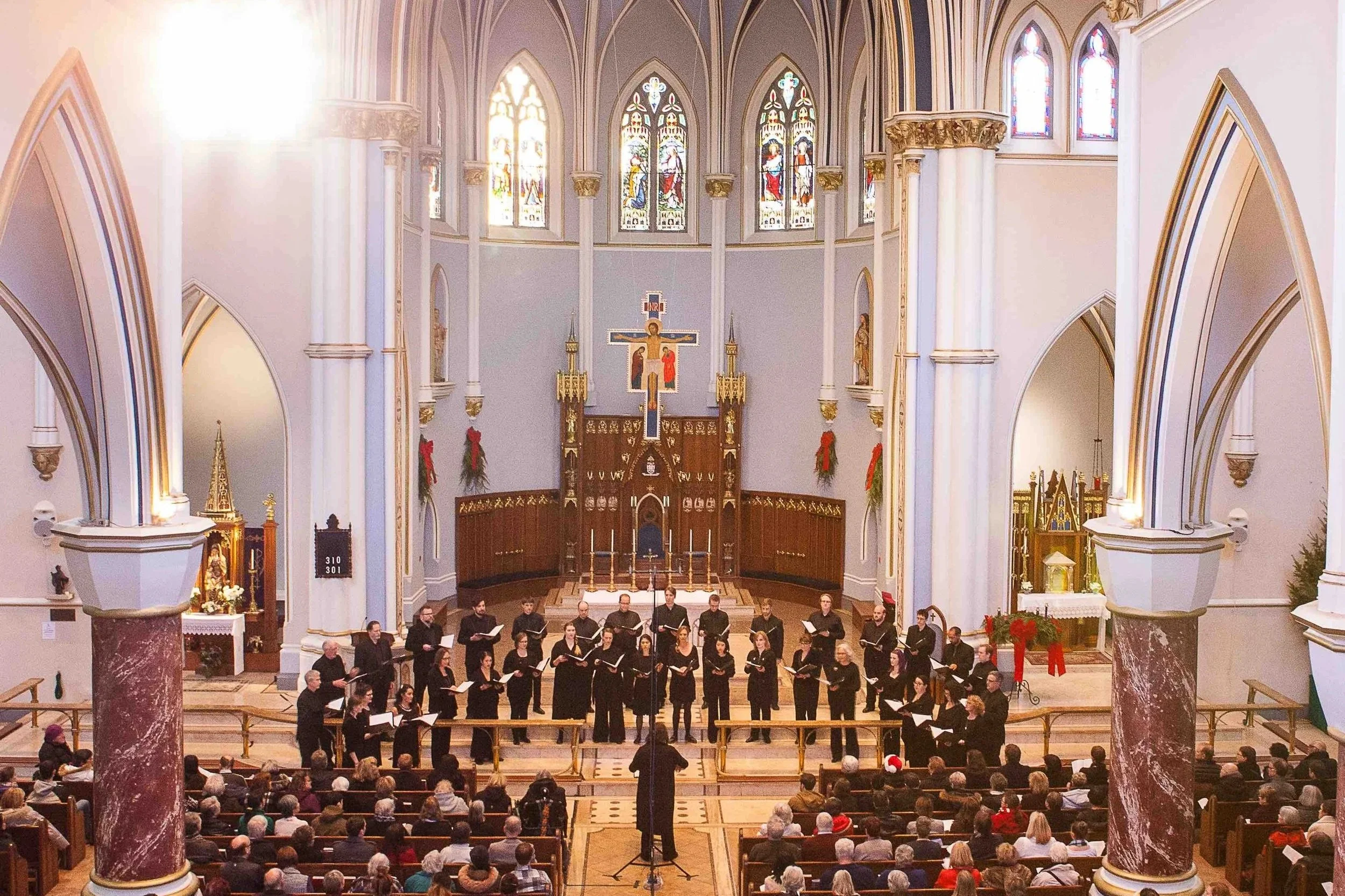







Beloved Mozart work features fantastical characters and a killer Queen of the Night aria